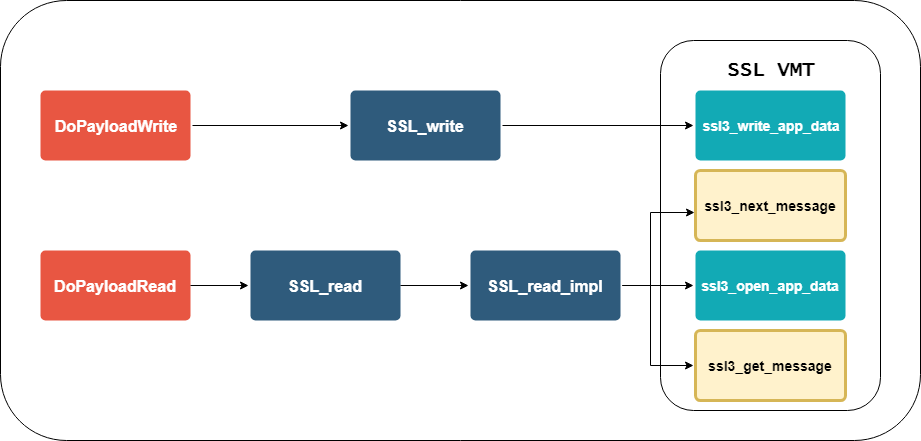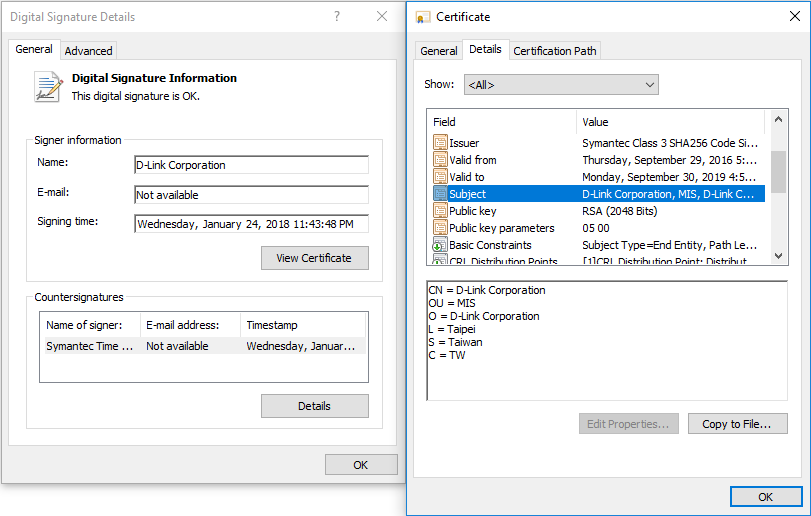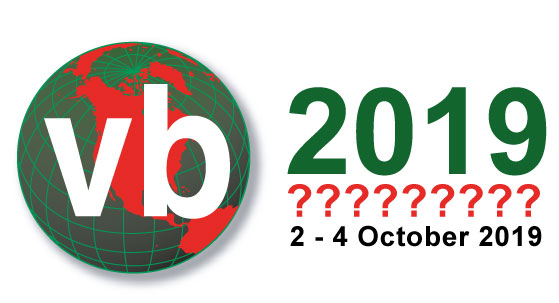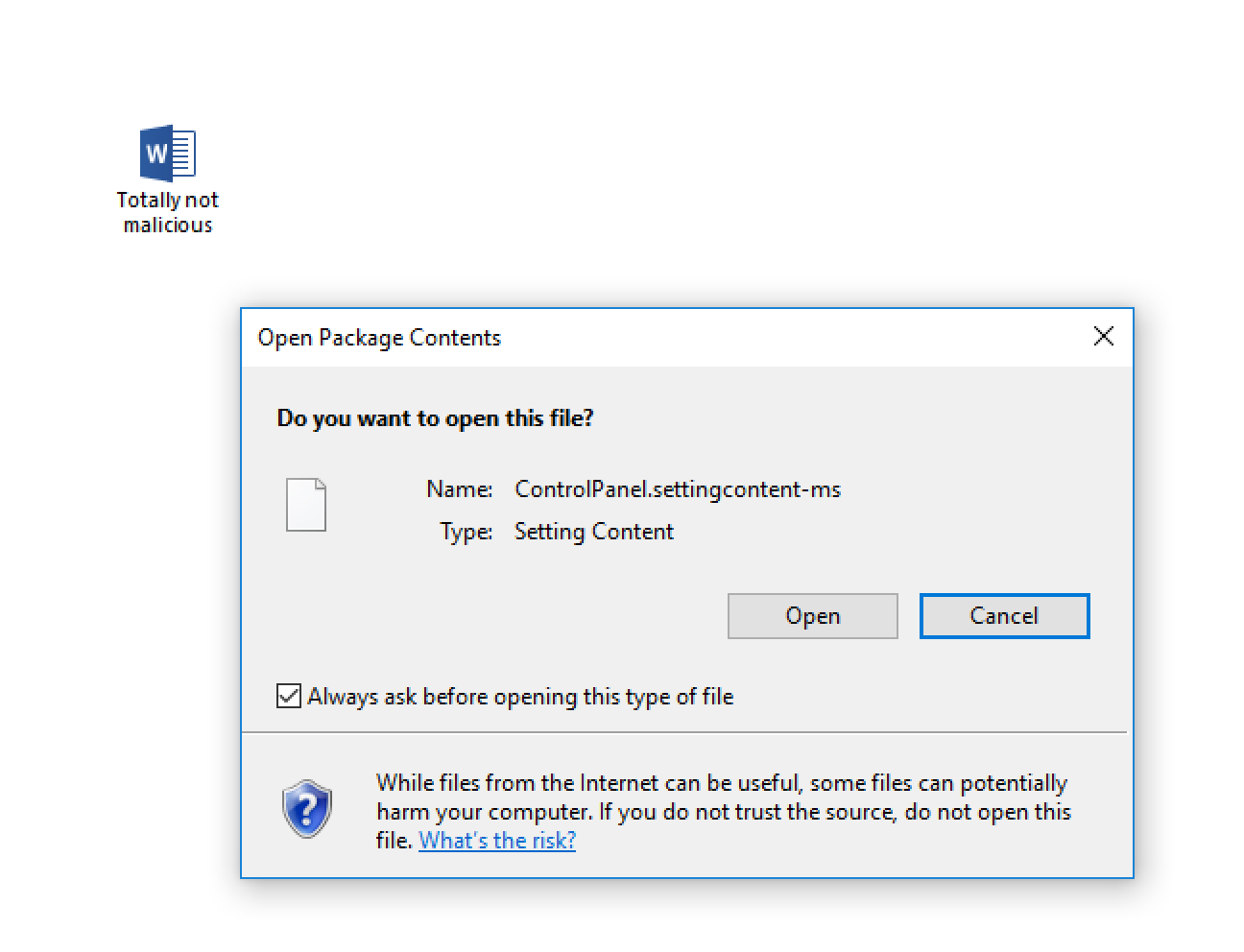Full technical details of the first in-the-wild Android app 'collusion' attack, where multiple apps perform an attack in collaboration, will be shared with the public in
at VB2016 in Denver on 5 October.
Most research into and protection against malicious apps focuses on single apps. This makes it interesting for malware authors to use app 'collusion': the ability of two (or more)… https://www.virusbulletin.com/blog/2016/08/vb2016-preview-wild-android-collusions/
Following their success last year, this year a series of "Small Talks" return to the VB2016 conference programme. We are pleased to announce the details of six of these talks, covering subjects that range from the Chinese cybercriminal underground to Andr…
VB2015 was the 25th Virus Bulletin conference and, to celebrate the occasion, we added a third stream to the programme. Dubbed "Small Talks", these talks were longer than those on… https://www.virusbulletin.com/blog/2016/08/small-talks-return-virus-bulletin-conference/
In 1994, along with the Olympic Games came an Olympic virus, from a group of Swedish virus authors calling themselves ‘Immortal Riot’. We look back at Mikko Hyppönen's analysis in the VB archive.
As the world of sport awaits the official opening of the 2016 Olympic Games in Rio tomorrow, any talk of viruses is restricted to concerns surrounding the mosquito-borne,… https://www.virusbulletin.com/blog/2016/08/throwback-thursday-olympic-games/
In the run up to VB2016, we invited the conference sponsors to write guest posts for our blog. In the second of this series, ESET's Matías Porolli writes about malicious Visual Basic and JavaScript gaining prevalence in Brazil.
In the run up to VB2016, we invited the conference sponsors to write guest posts for our blog. In the second of this series, ESET's Matías Porolli writes about malicious Visual… https://www.virusbulletin.com/blog/2016/07/malicious-scripts-gaining-prevalence-brazil/
In 2001, ‘Code Red’ caused White House administrators to change the IP address of the official White House website, and even penetrated Microsoft’s own IIS servers.
Last week saw the 15th anniversary of the appearance of 'Code Red' (also known as 'Bady') - the first fileless worm, which spread by exploiting a vulnerability in Microsoft IIS,… https://www.virusbulletin.com/blog/2016/07/throwback-thursday-holding-bady/
Anti-virus vendor Avast has announced the acquisition of its rival AVG for 1.3 billion US dollars.
There was interesting news in the anti-virus world yesterday, as Avast announced the acquisition of its competitor AVG.
Both companies were founded in the Czech Republic and… https://www.virusbulletin.com/blog/2016/07/avast-acquires-avg-13bn/
Passwords have long been a weak point in the security chain, despite efforts to encourage users to pick strong ones. 13 years ago, Martin Overton wrote an article highlighting the weakness and explaining why it is the human element that presents the bigge…
A recent survey by mobile ID provider TeleSign revealed that 72% of security professionals believe that passwords will be phased out by 2025 - in favour of behavioural biometrics… https://www.virusbulletin.com/blog/2016/07/throwback-thursday-you-are-weakest-link-goodbye/
In a new paper published by Virus Bulletin, Sophos researcher Gabor Szappanos takes a look at the KeyBase keylogger, sold as a commercial product and popular among cybercriminals who use it in Office exploit kits.
Keyloggers have long been a popular tool for cybercriminals, something made worse by the fact that many of them are sold commercially.
Today, we publish a paper (here as a PDF)… https://www.virusbulletin.com/blog/2016/07/paper-new-keylogger-block/
VB2016, the 26th International Virus Bulletin conference, is an excellent reason to go to Denver, Colorado in the first week of October. But there is another reason to come to Denver: BSides Denver, which will take place the day after VB2016, on Saturday …
VB2016, the 26th International Virus Bulletin conference, is an excellent reason to visit Denver, Colorado in the first week of October this year. Of course, we are biased, but a… https://www.virusbulletin.com/blog/2016/06/bsides-denver-take-place-day-after-vb2016/
This week, well known and universally respected industry guru Mikko Hyppönen celebrates his 25th anniversary of working at F-Secure (formerly known as Data Fellows). VB takes a look back in the archives at two articles published in 1994: an "insight" into…
This week, well known and universally respected industry guru Mikko Hyppönen celebrates his 25th anniversary of working at F-Secure (formerly known as Data Fellows). In… https://www.virusbulletin.com/blog/2016/06/throwback-thursday-hypponen-data-fellow-finnish-sprayer/
 The call for last-minute papers for VB2018 is now open. Submit before 2 September to have your abstract considered for one of the nine slots reserved for 'hot' research.
The call for last-minute papers for VB2018 is now open. Submit before 2 September to have your abstract considered for one of the nine slots reserved for 'hot' research.
 At VB2017, ESET researchers Peter Kálnai and Michal Poslušný looked at how banking malware interacts with browsers. Today we publish their paper, share the video of their presentation, and also publish a guest blog post from Peter, in which he summarises the recent developments in this space.
At VB2017, ESET researchers Peter Kálnai and Michal Poslušný looked at how banking malware interacts with browsers. Today we publish their paper, share the video of their presentation, and also publish a guest blog post from Peter, in which he summarises the recent developments in this space.
 It is likely that, by now, everyone in computer science has at least heard of the Spectre attack, and many excellent explanations of the attack already exist. But what is the likelihood of finding Spectre being exploited on Android smartphones?
It is likely that, by now, everyone in computer science has at least heard of the Spectre attack, and many excellent explanations of the attack already exist. But what is the likelihood of finding Spectre being exploited on Android smartphones?
 We are excited to announce several more companies that have partnered with VB2018.
We are excited to announce several more companies that have partnered with VB2018.
 A new malware campaign that uses two stolen code-signing certificates shows that such certificates continue to be popular among malware authors. But there is a positive side to malware authors' use of stolen certificates.
A new malware campaign that uses two stolen code-signing certificates shows that such certificates continue to be popular among malware authors. But there is a positive side to malware authors' use of stolen certificates.
 Though the location will remain under wraps for a few more months, we are pleased to announce the dates for VB2019, the 29th Virus Bulletin International Conference.
Though the location will remain under wraps for a few more months, we are pleased to announce the dates for VB2019, the 29th Virus Bulletin International Conference.
 Virus Bulletin has opened nominations for the fifth annual Péter Szőr Award, for the best piece of technical security research published between 1 July 2017 and 30 June 2018.
Virus Bulletin has opened nominations for the fifth annual Péter Szőr Award, for the best piece of technical security research published between 1 July 2017 and 30 June 2018.
 Security researcher Matt Nelson has discovered how .SettingContent-ms files can be embedded into Office files to deliver malware.
Security researcher Matt Nelson has discovered how .SettingContent-ms files can be embedded into Office files to deliver malware.
 The New York Times reports that smart home devices are increasingly used in cases of domestic abuse.
The New York Times reports that smart home devices are increasingly used in cases of domestic abuse.